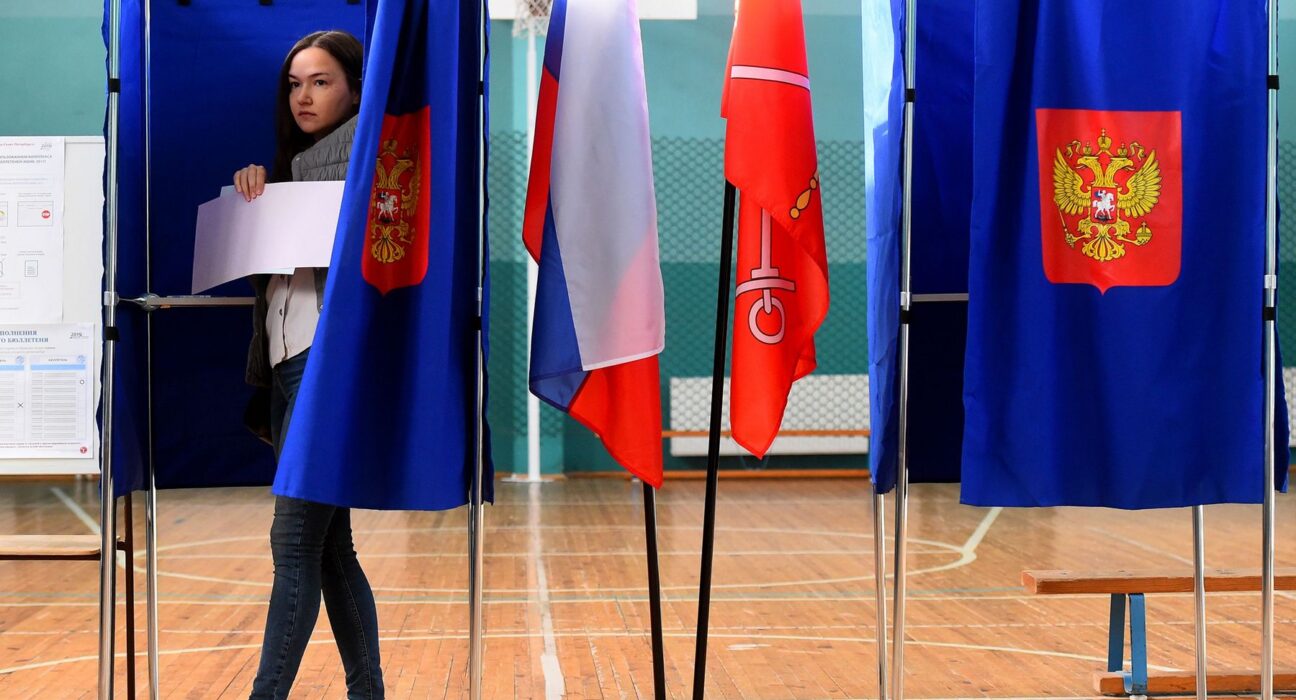Russia Introduces Bill Mandating Election Candidates to Declare Cryptocurrency Holdings
In a significant move towards regulating digital assets within the political sphere, the Russian State Duma has approved a new draft bill in its first reading that requires election candidates to declare their cryptocurrency holdings. This legislation aims to increase transparency and accountability among political figures, especially as cryptocurrency adoption continues to rise in the country.
Source of Income: Enhancing Transparency
The newly approved draft bill mandates that all election candidates must disclose the source of income for their cryptocurrency purchases. This requirement extends beyond the candidates themselves to include their spouses and minor children, covering the past three years of financial activities. By enforcing comprehensive declarations, the Russian government seeks to prevent potential conflicts of interest and ensure that all digital asset transactions are transparent and lawful.
Key Provisions:
- Cryptocurrency Holdings Declaration: Candidates must list all their crypto assets.
- Income Source Disclosure: Detailed information on how funds used to purchase cryptocurrencies were acquired.
- Extended Family Inclusion: Spouses and minor children must also declare their crypto holdings and income sources for the past three years.
Amendments: Updating Existing Electoral Laws
The new bill, introduced in March 2021, includes several amendments to existing Russian electoral laws. These amendments address both presidential and State Duma Deputy elections, reinforcing the integrity of the electoral process. Additionally, the bill guarantees electoral rights, ensuring that all candidates comply with the new regulations without infringing on their fundamental rights.
Amendments Overview:
- Presidential Elections: Enhanced disclosure requirements for presidential candidates.
- State Duma Deputy Elections: Similar disclosure mandates for candidates vying for Deputy positions.
- Electoral Rights Protection: Ensuring that the new regulations do not impede the electoral rights of candidates.
On Digital Financial Assets: Building a Regulatory Framework
In January 2021, the Russian government officially enacted the country’s major cryptocurrency legislation, titled “On Digital Financial Assets.” This legislation lays the groundwork for the comprehensive regulation of digital currencies and assets within Russia. The new bill concerning election candidates is a continuation of this regulatory effort, aiming to integrate cryptocurrency oversight into various facets of public life.
Key Points from “On Digital Financial Assets”:
- Legal Definition: Establishes a clear legal framework for digital financial assets.
- Regulation and Compliance: Sets guidelines for the issuance, transfer, and custody of digital assets.
- Consumer Protection: Implements measures to protect investors and users of digital financial assets.
The next phase in the development of this draft bill involves the consideration of potential amendments scheduled for mid-June 2021, which will further refine and enhance the regulatory measures.
Elections Are Approaching: Political Implications
With State Duma elections slated for September 2021, the ruling party, United Russia, anticipates securing over two-thirds of the Duma’s 450 seats. The introduction of the crypto declarations bill comes at a crucial time, as the Duma aims to address concerns about the financial activities of its members, particularly in relation to the growing popularity of cryptocurrencies among the Russian opposition.
Election Context:
- United Russia’s Dominance: Expected to maintain a strong majority in the Duma.
- Opposition’s Crypto Engagement: The opposition is known for embracing Bitcoin and other cryptocurrencies, raising concerns about financial transparency.
- Regulatory Intent: The bill aims to curb potential misuse of digital assets by ensuring that all candidates are transparent about their crypto holdings.
Balancing Innovation and Regulation
While the bill seeks to enhance transparency, it also acknowledges the importance of blockchain technology in driving innovation. The new panel formed to oversee this legislation will investigate the use of blockchain for technological advancements and propose ways to regulate crypto assets separately from fiat currencies. Collaboration with the Reserve Bank of India (RBI) on potential digital rupee projects signifies Russia’s intent to explore state-backed digital currencies alongside private cryptocurrency regulation.
Panel Objectives:
- Blockchain Utilization: Explore blockchain applications beyond cryptocurrencies.
- Regulatory Separation: Develop distinct regulations for digital assets and traditional currencies.
- Digital Rupee Collaboration: Work with central banks on national digital currency projects.
Conclusion
The Russian government’s initiative to require election candidates to declare their cryptocurrency holdings represents a significant step towards integrating digital assets into the country’s regulatory framework. By enforcing transparency and accountability, Russia aims to mitigate the risks associated with the rapid adoption of cryptocurrencies while fostering an environment conducive to technological innovation.
As the State Duma progresses through the subsequent readings of the bill, the crypto community and political stakeholders will closely monitor the developments. The outcome of this legislation could set a precedent for how other nations approach the intersection of cryptocurrency and politics, balancing the benefits of digital innovation with the necessity of robust regulatory oversight.
Stay informed about the latest developments in cryptocurrency regulation and its impact on global financial systems by exploring our article on latest news, where we delve into the most promising ventures and their potential to disrupt traditional industries.
Disclaimer: The information provided is not trading advice, Bitcoinworld.co.in holds no liability for any investments made based on the information provided on this page. We strongly recommend independent research and/or consultation with a qualified professional before making any investment decisions.




